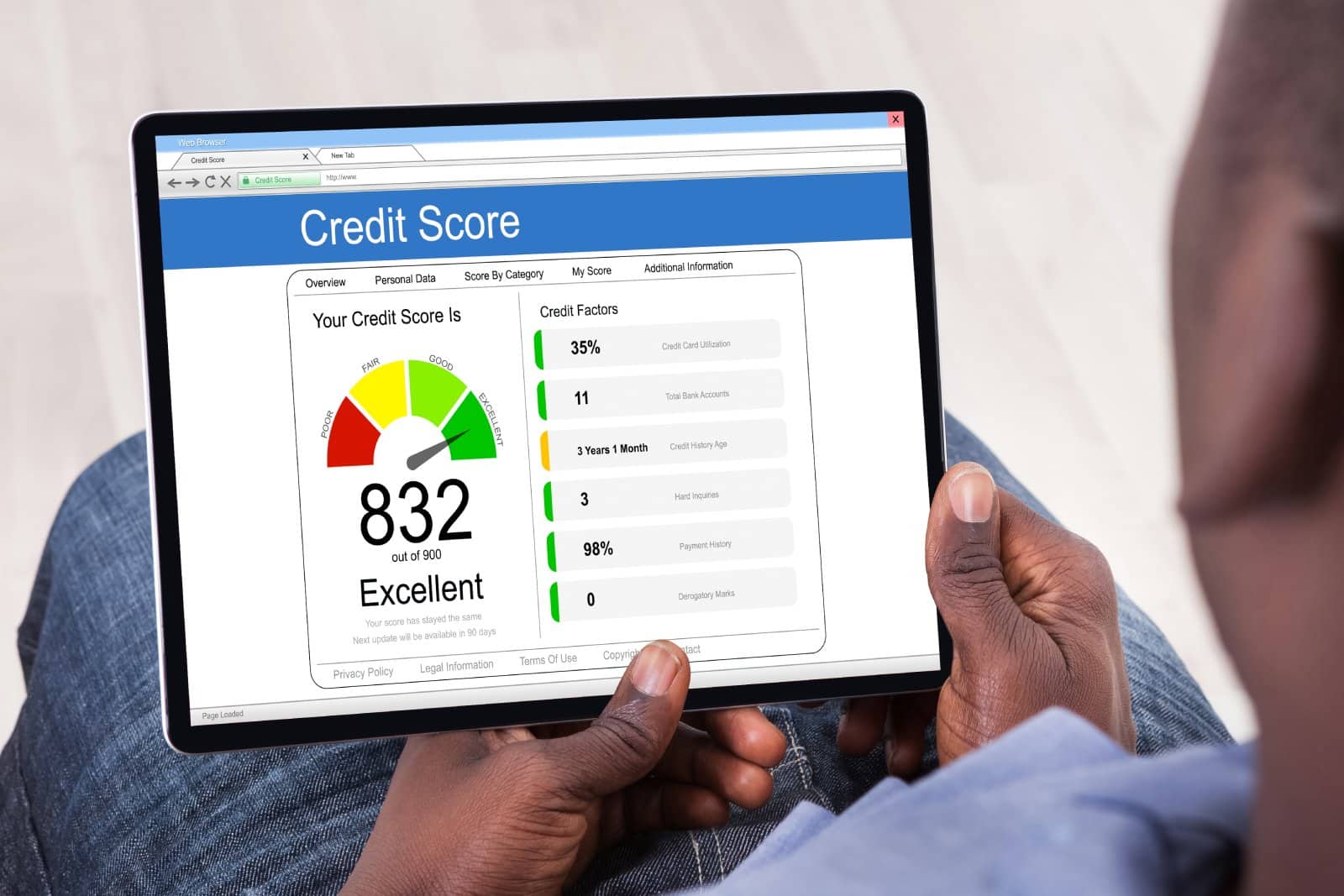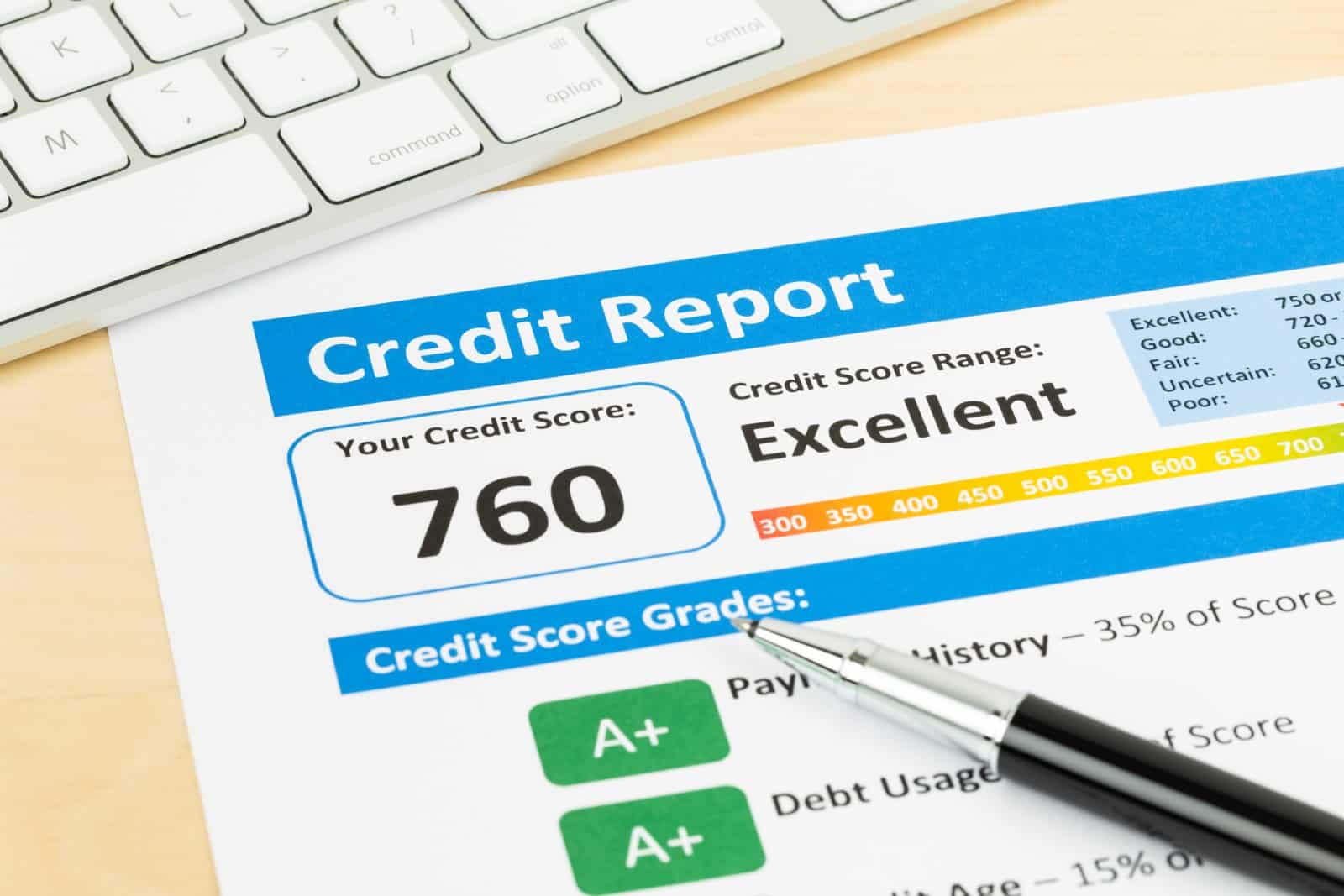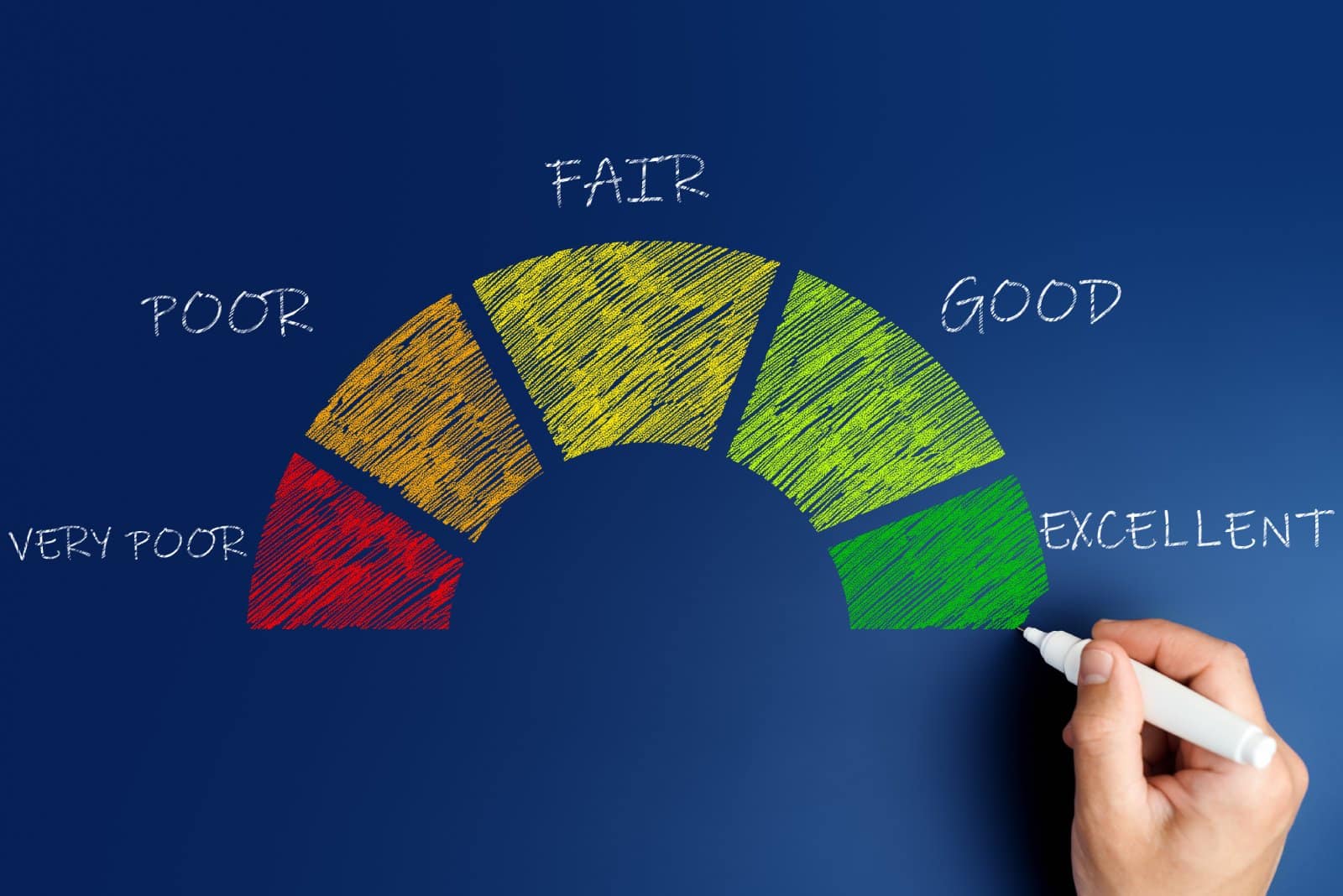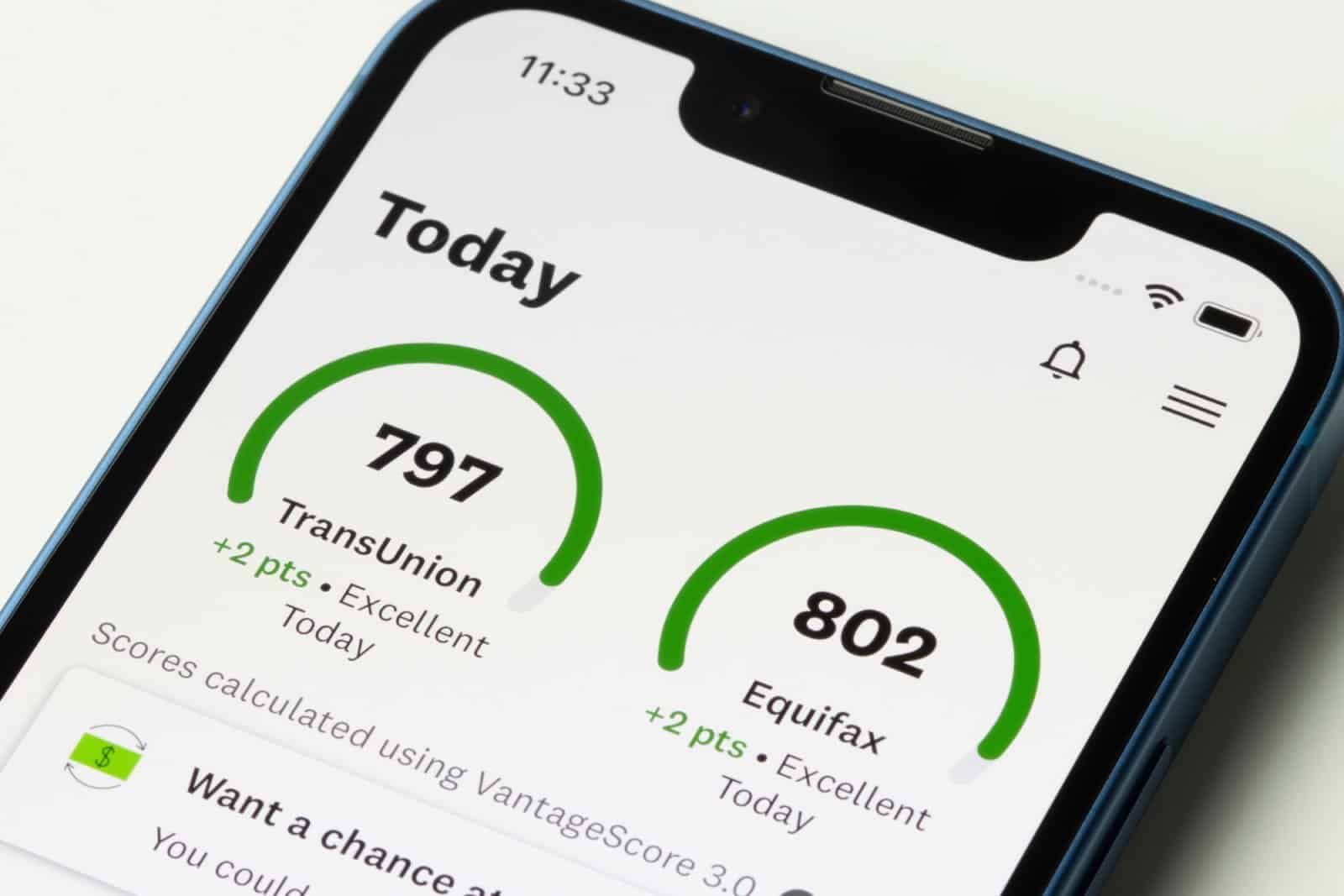As we move into 2024, the upper half of Generation Z are now in their early 20s, moving firmly into adulthood. The financial decisions they make now will impact their credit score into the future. Check out our roundup of credit tips for America’s newest adults.
What is a Credit Score?

A credit score is a number ranging from 300 to 850. This number is a succinct way of telling lenders how trustworthy a person is when it comes to borrowing money.
Who Checks Your Credit Score?

Credit card companies, banks who issue auto and home loans, and even landlords look at your credit score to determine if you’re likely to pay your bills on time.
Your Credit Score Matters, But Doesn’t Define You

A credit score is not a moral judgment on a person. Some people have low scores because of factors outside of their control. But you can take steps to maintaining a high credit score so that you have significant borrowing power when you need it.
The Major Credit Bureaus

Most people have three credit scores; one from each of the three main credit bureaus. Those bureaus are Equifax, Experian, and Transunion.
How Much Does Your Credit Score Really Matter?

Now that you’re venturing out into financial independence, it’s time to figure how to manage your money. You may have questions about credit, and whether your credit score even matters. The short answer is yes, it matters!
A Piece of the Big Picture

Think of your credit score as one piece of your financial puzzle. The puzzle wouldn’t be complete without it. Some major purchases that you’ll make in your life, like your first car or home, will require you to have a good credit score in order to lend you money.
Increasing Your Score: Why It’s Important

If your credit score is on the lower side, you’ll want to try to increase it so that you don’t run into issues being approved for a home, car, or other line of credit when the time comes.
What Affects Your Credit Score?

Many factors impact your credit score. Your repayment history, or how often you pay your bills on time, is a big one. Debt utilization is also important. Your debt utilization is the amount of debt you have compared to the amount of available credit you have.
Debt Utilization

For example, if you have a credit card with a $1,000 credit limit and you have a $300 balance on that card, then your credit utilization for that card is 30%. Lenders want to see low debt utilization.
Other Factors That Impact Your Score

Other factors that go into your credit score are the age of accounts (the longer the better), a diverse credit profile (a good mix of credit cards and loans), and how often potential lenders are pulling your credit (credit inquiries).
What Can Negatively Affect a Credit Score?

There are also negative impacts like collections, judgements, and liens that will cause your credit score to go down.
When Should You Start Building Credit?

You can start building your credit when you turn 18. That is the age at which you’re legally allowed to sign contracts like repayment agreements.
How to Start Building Credit

At this point, you can start by opening a credit card with a small limit and repaying the balance every month. You can also be added as an authorized user on someone else’s (like a parent’s) account.
Maintaining a High Credit Score

The biggest way to make sure your credit score stays up is to pay your bills on time. If you fall behind, talk to your creditors to see if they have any payment plans that can help you avoid missing payments.
Do’s and Don’ts

Don’t apply for too much credit – too many inquiries can harm your score. In some cases, you can have your landlord report your rent payments to the credit bureaus, which will allow your rental payment history to positively impact your credit score.
Repairing a Struggling Credit Score

If your score isn’t as high as you would like, there are ways to improve it. If you have any collections, then getting those paid off should be a priority. Lowering your debt utilization to stay around 30% will also help improve your score.
Dispute Inaccuracies

If any accounts are inaccurate, you can dispute those with the credit bureaus to have them updated or removed. Doing so may help improve your credit score if the information was causing your score to dip.
Your Financial Report Card

Overall, your credit score is an important part of your financial profile. You can check your credit report for free once per year at www.annualcreditreport.com, and it’s recommended to stay up-to-date on your report so you know if there are any inaccuracies. There are also other services that offer free credit monitoring.
Setting Up for Success

Maintaining a good credit score will help preserve your financial health in your 20s and beyond. Members of Gen Z have access to more information than any other generation – make sure to take advantage of that to build a great credit profile!
The post The Truth About Credit Scores: Essential Insights for Gen Z first appeared on Liberty & Wealth.
Featured Image Credit: Shutterstock / Ground Picture.
The content of this article is for informational purposes only and does not constitute or replace professional financial advice.

